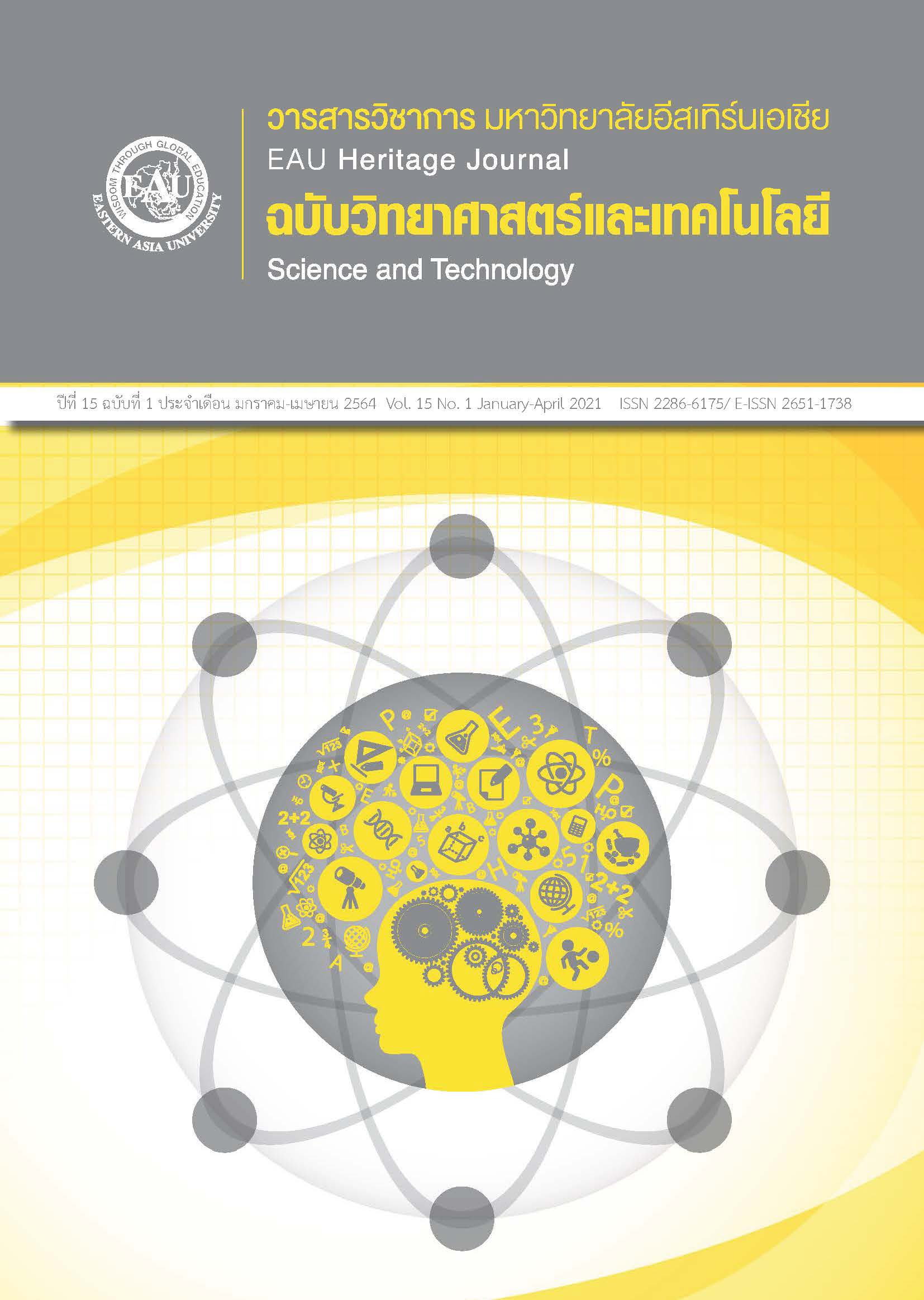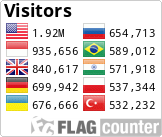ประสิทธิผลของโปรแกรมปรับเปลี่ยนพฤติกรรมสุขภาพต่อพฤติกรรมสุขภาพของผู้สูงอายุ ตำบลจอมทอง อำเภอเมือง จังหวัดพิษณุโลก
คำสำคัญ:
ประสิทธิผล, โปรแกรมปรับเปลี่ยนพฤติกรรมสุขภาพ, พฤติกรรมสุขภาพ 3อ 2ส, ผู้สูงอายุบทคัดย่อ
การวิจัยกึ่งทดลองนี้เป็นการศึกษา 2 กลุ่ม วัดก่อนผลก่อนและหลังทดลอง (quasi-experimental research) มีวัตถุประสงค์ เพื่อศึกษาผลของการให้โปรแกรมการปรับเปลี่ยนพฤติกรรมสุขภาพต่อพฤติกรรมสุขภาพของผู้สูงอายุกลุ่มตัวอย่างเป็นผู้สูงอายุตำบลจอมทอง อำเภอเมือง จังหวัดพิษณุโลก จำนวน 60 คน ทำการสุ่มแบบหลายขั้นตอน แบ่งกลุ่มตัวอย่างเป็นกลุ่มทดลองและ กลุ่มควบคุม กลุ่มละ 30 คน เครื่องมือที่ใช้ได้แก่ โปรแกรมปรับเปลี่ยนพฤติกรรมสุขภาพ และแบบสอบถามพฤติกรรมสุขภาพ การตรวจสอบคุณภาพของเครื่องมือ (1) ความตรงมีค่าดัชนีความสอดคล้อง (IOC) เท่ากับ 0.66 – 1 และ (2) ค่าความเชื่อมั่น (reliability) โดยใช้สูตรสัมประสิทธิ์แอลฟาของครอนบาค (Cronbach’s alpha coefficient) มีค่าเท่ากับ 0.932 วิเคราะห์ข้อมูลด้วย สถิติเชิงพรรณนา (descriptive statistics) ได้แก่ ความถี่ ร้อยละ ค่าเฉลี่ย และส่วนเบี่ยงเบนมาตรฐาน และสถิติอ้างอิง (inferential statistics) ได้แก่ Paired sample t-test และ Independent sample t-test ผลการวิจัยพบว่า ภายหลังการทดลอง กลุ่มทดลองมีคะแนนเฉลี่ยพฤติกรรมสุขภาพสูงกว่าก่อนการทดลอง และสูงกว่ากลุ่มควบคุม (=249.20, SD=16.545, =199.76, SD= 21.157, =204.6, SD=18.707 ตามลำดับ) อย่างมีนัยสำคัญทางสถิติที่ระดับ (p <.05)
เอกสารอ้างอิง
Anuruang, S. (2017). Multimorbidity in older persons: Situation, challenge Issues, and care management. Journal of Nursing Science Chulalongkorn University, 29(2), 1-14. (in Thai)
Artsanthia, J., & Pomthong, R. (2018). The trend of elderly care in 21st Century: Challenging in nursing care. Journal of The Royal Thai Army Nurses, 19(1), 39-46. (in Thai)
Charoenbundith, N. (2016). Factors related to health promoting behaviors among village health volunteers (Master’s thesis). Burapha University. Chon Buri. (in Thai)
Chewasopit, W. (2019). Aging society: The changed marketing factor. Journal of MCU Nakhondhat, 6(1), 38-54. (in Thai)
Chusri, O., Sanprakhon, P., & Wongwisadkul, S. (2018). The effects of self-protective behavior modification program for older adults with chronic disease in urbanized community, Bangkok. Journal of Boromarajonani College of Nursing, Bangkok, 34(3).77-88. (in Thai)
Cohen, J. (1988). Statistical power analysis for the behavioral sciences (2rd ed.). New Jersey: Lawrence Erlbaum.
Ebersole, P. A., & Hess, P. (1998). Toward healthy aging: Human and needs and nursing response (5th ed.). St. Louis: Mosby.
Health Education Division, Ministry of Public Health. (2015). Promotion of health literacy guidelines and developing health behaviors in Tambon (Sub-district) Health Management. Nonthaburi: The Agricultural Cooperative Federation of Thailand. Limited. (in Thai)
Jaseicha, R., & Kanokthet, T. (2019). The multi-level causal factors affecting of self-care behaviors among the elderly with type 2 diabetes and Fasting Blood Sugar (FBS) with uncontrolled condition: A case study of Phichit Province, EAU Heritage Journal Science and Technology, 13(2), 145-158. (in Thai)
Kuhirunyaratn, P., Ratanasiri, A., Jindawong, B., Natiboot, P., Watchanapan, L., Junthakhun, C., & Supapinij, C. (2018). Health promotion behaviors of elderly living in an urban community of Khon Kaen Province. Srinagarind Med Journal, 33(2), 153-160. (in Thai)
Nakphu, T., & Songthap, A. (2019). Self-Care Behaviors of the Elderly, EAU Heritage Journal Science and Technology, 13(1), 48-54. (in Thai)
National Statistical Office, Ministry of Digital Economy and Society. (2018). Report on the 2017 survey of the older persons in Thailand. Retrieved from http://www.nso.go.th/sites/2014/.pdf. (in Thai)
Rosenstock, I. M., Strecher, V. J., & Becker, M. H. (1988). Social learning theory and the health belief model. Health Education Quarterly, 15(2), 175-183. doi:10.1177/109019818801500203
Sarakshetrin, A., Chantra, R., Kwanshom, R., & Ruangdoung, L. (2017). The effects of using health behavior changing program (food, exercise, emotion, smoking, and Alcohol cessation) among Village Health Volunteers at Klongchanak, Muang District, Suratthani Province. The Southern College Network Journal of Nursing and Public Health, 4(1), 253-264. (in Thai)
Toonkeaw, N., Aunban, P., & Chandeekeawchakool, S. (2018). Effects of health behavior changing program (food, exercise, emotion, smoking and Alcohol cessation, medicine taking) and Vichai’s 7 Color Balls Model on knowledge of health behavior and blood sugar levels of diabetic patients. Journal of Nurses Association of Thailand Northern Office, 24(2), 83-95. (in Thai)
Senol, V., Unalan, D., Soyuer, F., & Argun, M. (2014). The relationship between health promoting behaviors and quality of life in nursing home residents in Kayseri. Journal of Geriatrics 2014(1), 1-8. http://dx.doi.org/10.1155/2014/839685
Ulittaphon, P. (2015). Using health behavior modification program for patients on framework of the health belief model and the theory self-efficacy with type 2 diabetes patients at Phanom Hospital, Phanom District, Krabi Province. Community Health Development Quarterly Khon Kaen University, 3(3), 441-452. (in Thai)
Wolwat, K., Suwan, P., & Chanthamolee, S. (2019) Development of the elderly care model for hypertension by community, Wangwiset District, Trang. EAU Heritage Journal Science and Technology, 13(1), 210-221. (in Thai)
World Health Organization (WHO). (2017). 10 facts on ageing and health. Retrieved from https://www.who.int/features/factfiles/ageing/en/
World Health Organization (WHO). (2018). Noncommunicable disease country profile 2018. Retrieved from https://apps.who.int/iris/handle/10665/274512
World Health Organization (WHO). (2020). Ageing and life-course: 10 Priorities for a Decade of Action on Healthy Ageing. Retrieved from https://www.who.int/ageing/10-priorities/en/







